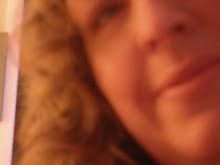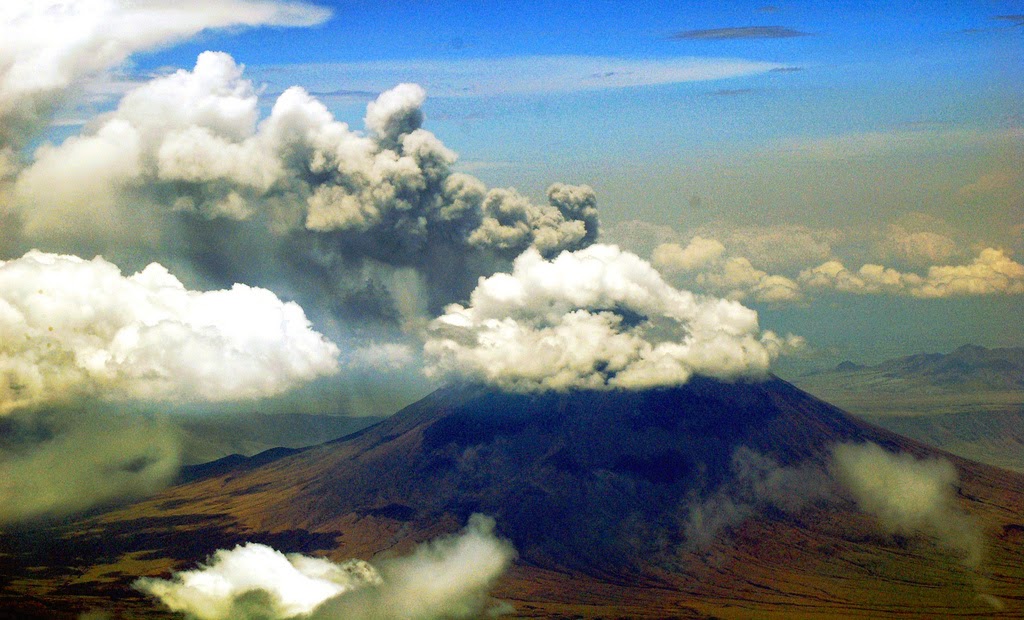We talk a lot about freedom. But what exactly do we mean when we say that word? Do we mean primarily freedom from something – like freedom from being enslaved as a cog in a system that makes life ugly and tedious? But what about the other half of the picture, freedom
to something? What is it that we
want?
Say the way we live suddenly changed so that your talents and abilities and the things you were passionate about were able to be freely used in the world and in return you had safety and security. What would you do? Imagine if suddenly money rained down from the sky and we were all rich (theories aside about how that would cause inflation and then we all wouldn’t be able to afford anything anyway). Or imagine that we developed a system of split barter or some other way of
doing money well, or we even did away with it entirely.
Whatever the system was, imagine that it helped you to be more free than you are now. Imagine that it was wonderfully designed, as functional as a Bahaus chair but handmade from beautiful wood and that it made your heart sing when you sat on it. A way of doing things that actually fit us well and – imagine this –brought out the best in us, not the worst. That helped us be more, not less, no matter how rich we were. A system that protected us from the worst excesses of our own human nature – the disastrous decay that happens when we get greedy and we try to get more of what we have. A system of energy exchange (which is really what money is when you think about it deeply) that served us, instead of us serving it.
It would probably take you weeks and months to acclimatise to this sort of freedom. You would maybe feel a little like a child who’s grown up in a dysfunctional and violent family and learned not to share or develop their best and their most beautiful, those things being most vulnerable and needful of security and safety to flourish. You maybe wouldn’t even know what those things were or even believe that you had any of those sorts of talents on your insides.
But then imagine seeing the woman down the street, who was an admin assistant in the cog, and she starts baking bread and breeding chickens out of a pure enjoyment of doing these things. And then she is able in this new system to exchange her bread and chickens for a painting done by an artist down the road. The artist is happy now; though he was earning good money as a physiotherapist in the cog, he hated it. Meanwhile, the admin assistant’s next-door neighbour is starting to study physiotherapy because she’s just worked out after taking a long breather doing nothing (and enjoying the space knowing she’s not a naughty slacker for doing such a thing) that this is what she really wants to do.
You would start getting thirsty, seeing what other people were doing. And that would get you thinking and you’d start experimenting and then you’d end up realising that what you actually wanted to do was stay home and dig in your garden and grow vegetables and write shitty poetry and that’s about it, that’s what you want to do to be content. Because you’re not a cog anymore, right, and this isn’t tied to having to produce for production’s sake and to prove your own worth to live on the planet. And yes, I understand while you’re reading this that you may be thinking this is dumb and idealistic, and other inefficient things, and I’m not even offering you any evidence as to how this system could come about to boot (I’m not an economist though – but there are lots of good theories out there by those who are).
In this system, of course, idealism would once again become perfectly acceptable. It would actually probably become fashionable, once the levels of despair and helplessness diminished somewhat from people relieved of the necessity of being grey cubicle cogs feathering someone else’s nest.
So I’m just getting in early.
Because I don’t actually think this is so far an extreme that it can’t happen. It feels that way to us because we have been born into this system and we feel helpless to know how to put an end to the way things are.
Perhaps ultimately what brings about real freedom is not just people who are not sick on their own power, but who are simply empowered to do things differently. People who remember they’re the majority, who have learned how to quell their significant fear, who have gone beyond daring to believe that their hopes and desires are not fairytales but are a reflection of sanity.
It might seem pointless or even painful to ask these sorts of idealistic questions. We come out of the reverie of imagining how it would be living in a world that encouraged beauty and sanity and how that would help a certain clenched part of us start to unfurl like a fern frond and then we’re back here again in our strange world of excess that makes everything somehow worth nothing. Our weird world where there is no good candlelight to counteract the LED and the shit steaming out of the TV, where there’s always dead light because we’re always on. A world where nobody in Europe is able to see an ink black night sky teeming with stars the way their ancestors could for a couple of million previous years.
But the stars are still there. And so are the people who still harbour the hope that a more beautiful way of doing this thing is not pie in the sky. It seems to me that many of those people who retain a desire for the beautiful have maintained a connection to the earth upon which we depend.
There is a certain wastefulness to nature that is easy for us to miss in our days of regulation. Nature produces so excessively and wantonly, in the right conditions, we could be tempted to slut-shame her. We don’t easily notice this wanton excess of production because we have moved away from its rhythms. Flamingoes could shag in a corner and have it over and done with quick smart. Efficient, like. But they don’t. Their courtship is an elaborate dance. Snails take hours to mate, and their pre-mating courtship is revolting, slimy, but somehow quite
beautiful. Sensual and wasteful.
You and your species are closer to that excessive beauty and wastefulness than you are to any of the small spaces the culture asks you to shove yourself into. You're bigger than whatever numbers the FTSE is registering. Bigger than your cubicle.
In Australia and around the Western world we’ve been assuaged for decades by neoliberal attempts to take away some of the freedoms that were fought for long and hard last century. Freedoms to be more than cogs in a wheel that’s attached to a global mill, with the majority of us millworkers and the very few the owners who pull our puppet strings. The corporatocracy’s vision is suspect, their treatment of the one earth obscene.
It’s only by thinking idealistically that we can begin to understand what we’re missing in the here and now. And freedom in our current version of doing things is most certainly not about being free to do what is right. If it was, there wouldn’t be discrepancies like Joe Hockey, who with his merchant banker wife has a housing portfolio worth quite a few million dollars, telling people who are sick and disabled and struggling to find jobs that are not there that they are behaving with a sense of entitlement.
If money really is just an exchange of our own energies, it explains why the richest of the rich hang on so tightly to the status quo. Perhaps they fear what the majority would be if we were brimming and upright and creative and returned to rhythm. Easier to stick to the status quo though it ruins the earth we all depend upon.
Idealism is not a naivety. It is just painful to hold, because it must be done carefully, like eggshell in your hands, knowing how fragile it is, while at the same time also holding heavy dread and despair and a great and deep sense of futility at being able to turn this thing around. Seen in that light, idealism becomes something more like courage. It is a vision of how things really can be when those who are in power are the ones who have morally and ethically and heartily earned the right to be there.
Imagine that.
This is a thing I know to the depths of my gut and I will not let it go – humanity is worth fighting for, no matter how many images have been relentlessly served up to us over the years, via the media and our television sets, showing us the very worst of human nature.
That is only half of the story.
 |
| Creative commons 2.0 (attribution - ie, linkback) pic by Jesus Solana |






